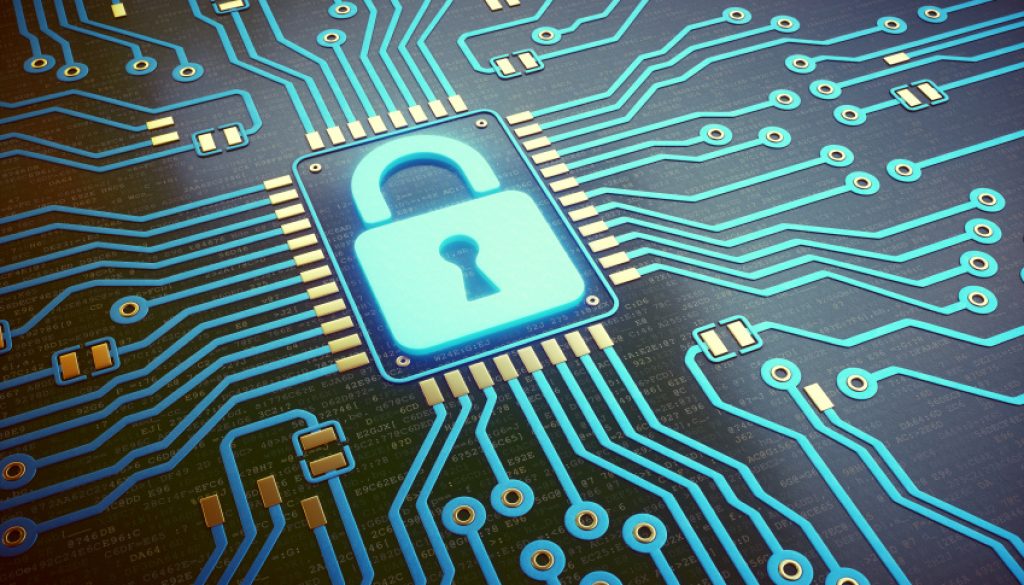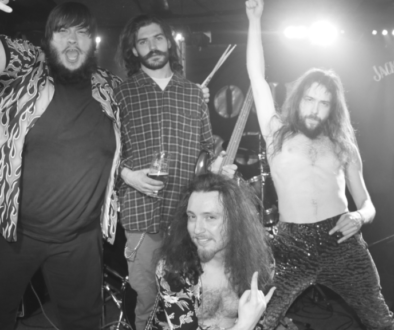Russia’s notoriously corrupt music industry may have met its match.
But can blockchain really fix a broken business?
Like most parts of the Russian ‘economy’ (if one dares calls it that), the country’s music industry is rife with corruption and fraud. Case in point: just last year, general director of RAO (a PRO) Sergei Fedotov was convicted of embezzling funds. But based on what we’re hearing, that’s just the tip of the iceberg.
And it’s surprising there was even an arrest.
It’s dirty stuff. But maybe — just maybe — the good guys found a way to commandeer the vessel. Now, several major Russian PROs are committing to a serious, blockchain-based overhaul. Not only that, there’s an effort to construct a unified rights database in the massive country.
The blockchain-based alliance will initially involve three Russian PROs: RSP, WIPO, and RAO (the one mentioned above). And the idea is simple: using blockchain technology, a unified rights accounting and payment system will be created.
The blockchain initiative will be called IPChain. And it’s being supported by Skolkovo, a government-sponsored innovation fund. That’s right: Russian government money.
Complementing that system will be a unified rights database, which will traverse audio, video, author, performer, and other key data. Earlier attempts to create unified databases have failed across America and Europe, thanks to a mixture of politics, corruption, and general ineptitude.
Shocking, yes. But it’s happening, with IPChain slated to start in September.
Andrei Krichevsky, director general at WIPO, outlined a totally different process ahead. “IPChain first verifies catalog, ownership, and payment details. Payments are then automatically accrued and accounted. Then, deposited into the proper bank account,” Krichevsky described. “Using blockchain, IPChain eliminates negative issues that come from human involvement.”
Question in the back: is this just a bunch of bulls—t?
Here’s the big, big problem with blockchain that nobody talks about. If enough powerful people refuse to participate, it’s effectively dead in the water. That applies not only to IPChain, but basically any blockchain-based platform.
+ Why Blockchain Won’t Save the Music Industry (at Least Not Yet)
In Russia, that could be a serious problem. There’s actually another rights organization called UPRAVIS that hasn’t joined. And neither have any of the major publishers or labels.
That said, the head of Warner Music Russia did express interest in the IPChain initiative. So maybe — just maybe — this thing has a chance.



